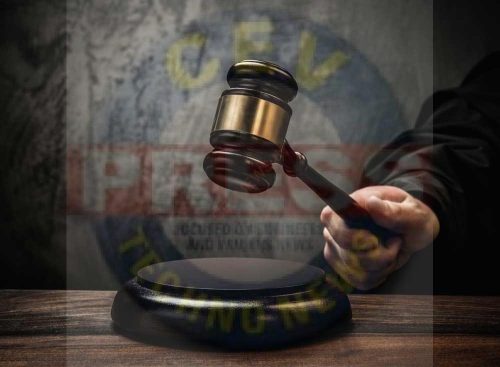COPY RIGHT ACT – ALL YOU NEED TO KNOW
Copyright law in India covers the rights granted to the creators of literary, dramatic, musical and artistic works and the producers of cinematograph films and sound recordings. These rights include the rights to reproduction of the work, communication of the work to the public, adapt or translation of the work.
Copyright is an intellectual property right that the law gives to a creator of literary, dramatic, musical, and artistic work and a producer of cinematograph films and sound recordings. It also applies to architectural works and computer programs/software. It can be understood as a bundle of rights that includes the right of reproduction, communication, adaptation, and translation of the work. Copyright ensures the protection to the rights of authors over their creations and in turn aims at rewarding creativity.
Time Period
In the case of original literary, dramatic, musical, and artistic works the time period of copyright in India is 60 years in addition to the author’s lifespan. Where there are multiple authors, the term is 60 years post the death of the last author.
Salient Features of The Copyright Act 1957
1. Scope of rights conferred to author
Under section 13 of the Copyright Act 1957, copyright protection is provided to literary works, musical works, dramatic works, artistic works, sound recordings, and cinematograph films.
For example, books, manuscripts, poetry, and theses are protected under the Act as literary works.
2. Provisions to determine first ownership
According to Section 17 of the Copyrights Act 1957, the first owner of the copyright is the author of the work itself. The exception to this rule is the case in which, the employer becomes the owner of the copyright in circumstances where the employee creates a work in the scope of her/his employment.
3. Civil and criminal remedies
The civil remedies for copyright infringement are covered under Section 55 of the Copyright Act of 1957. These civil remedies include damages, injunctions, interpretation of accounts, destruction and delivery of infringed copies and damages for conversion.
Important sections of the Copyright Act, 1957
The following are the important sections of the Copyright Act of 1957:
- Section 2 deals with various definitions of the work which can be covered under the definition of copyright. For example, Section 2(o) deals with literary works, Section 2(h) includes all dramatic works under the definition of copyright protection, and Section (p) deals with musical and graphical works.
- Section 13 of the Copyright Act, of 1957, is the most requisite Section as it deals with the subject matter of copyright protection. According to Section 13(1), all of India is under the purview of the Copyright, and the following classifications of works are protected by the Copyright:
- Original artistic, musical, dramatic, and literary works
- Sound recording
- Cinematograph films
|
|
The punishments for a criminal offense under copyright law?
The minimum punishment for infringement of copyright is imprisonment for six months with a minimum fine of Rs. 50,000/-. In the case of a second and subsequent conviction, the minimum punishment is imprisonment for one year and fine of Rs. one lakh.

